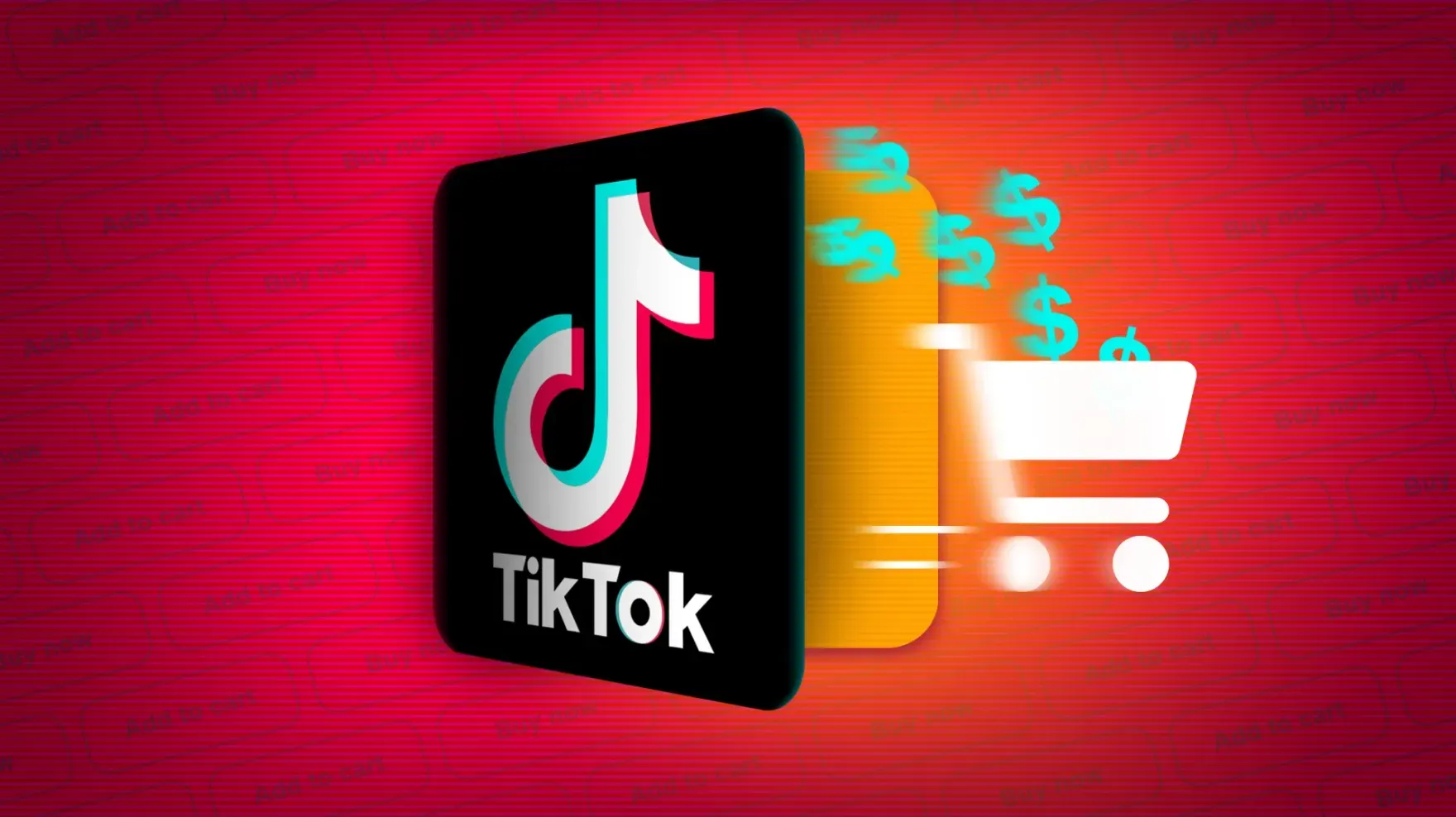The U.S. Considers Banning TikTok: Implications for Social Media, Marketing, and Consumer Trends
Everything You Need to Know About the TikTok Ban
The U.S. government is contemplating a nationwide ban on TikTok, one of the world’s most popular social media platforms. The move, which has sparked heated debates among policymakers, tech leaders, and users, is primarily driven by concerns over national security and data privacy. With over 150 million American users, TikTok’s potential ban could significantly reshape the digital landscape and marketing strategies that rely heavily on the platform’s unique algorithm and massive reach.
This article explores the reasons behind the proposed ban, what might replace TikTok, how it could impact marketing, and whether platforms like Instagram and Facebook could regain their dominance.
Why Is the U.S. Considering a TikTok Ban?
The U.S. government’s concerns about TikTok center on its ownership by the Chinese company ByteDance. Critics argue that TikTok’s data collection practices pose a potential security risk, fearing that user data could be accessed by the Chinese government. While TikTok has repeatedly denied these allegations, officials remain wary of its extensive data collection capabilities, including location tracking and behavioral profiling.
Legislative efforts to restrict TikTok include the bipartisan RESTRICT Act, which aims to give the U.S. Commerce Department greater authority to ban foreign-owned technologies deemed harmful. These moves come amidst rising geopolitical tensions between the U.S. and China, adding a broader context to the concerns about TikTok’s influence.
What Could Replace TikTok?
If TikTok is banned, the immediate question becomes: what platform will fill the void? Several competitors are already positioning themselves to capture TikTok’s user base:
- Instagram Reels: Instagram’s Reels feature is the most direct competitor, offering short-form video content with a similar user experience.
- YouTube Shorts: As a platform with a massive global audience, YouTube’s Shorts feature could absorb creators and viewers displaced by TikTok.
- Snapchat Spotlight: Known for ephemeral content, Snapchat’s Spotlight feature caters to a younger audience and could gain traction.
- New Entrants: Emerging platforms like Triller and BeReal may seize the opportunity to grow, though they lack TikTok’s scale and algorithmic precision.
Can We Watch the Supreme Court Arguments?
The Supreme Court has long been camera shy, but it does allow live audio streams. PBS will begin its stream at 10 a.m. ET on Jan. 10, and viewers can also tune in via C-SPAN.
Who Might Buy TikTok?
A few possible buyers have emerged, including former Treasury Secretary Steven Mnuchin and former Activision CEO Bobby Kotick. However, neither can afford to purchase TikTok outright and would need a coalition of backers.
Former Los Angeles Dodgers owner Frank McCourt has proposed rebuilding TikTok as a decentralized platform built on blockchain technology. Earlier this week, he joined forces with entrepreneur Kevin O'Leary (of Shark Tank fame) in a bid to purchase TikTok’s U.S. assets and rebuild the platform in a way that prioritizes the privacy of its 170 million American users.
This week, however, TikTok announced that it would shut down in the U.S. if the Supreme Court upholds the ban, according to CBS News. This stance suggests that the company may not be open to a sale.
Why Does the U.S. Care That a Video App Is Owned by China?
In an April interview with NBC’s Lester Holt, FBI Director Christopher Wray called TikTok a “national security concern” because ByteDance is “beholden to the Chinese government.” Wray suggested that ByteDance could be compelled to hand over data on Americans to Beijing.
While TikTok users may not be concerned about China knowing what videos they watch or like, Wray argued that ByteDance’s data collection and recommendation algorithm could be used for influence operations. This concern is especially relevant ahead of the 2024 U.S. election, given that 20% of Americans now get their news from influencers. However, influence operations are also a problem on U.S.-owned services, as evidenced during the 2016 election.
How Would a Ban Work?
The bill targets services that distribute, maintain, and update apps deemed controlled by a foreign adversary. This includes app stores like Google Play and Apple’s App Store and web-hosting services that keep apps online (including their websites). Earlier this month, House lawmakers urged Apple and Google to prepare to remove TikTok from their app stores if ByteDance fails to divest. Companies that violate the ban could face fines of up to $5,000 per user for keeping TikTok online.

Implications for Marketing
TikTok has revolutionized digital marketing with its algorithm-driven content discovery, which enables even small brands to go viral. A ban would force marketers to reevaluate their strategies. Key considerations include:
- Loss of Organic Reach: TikTok’s algorithm gives equal opportunity for content visibility, something not easily replicated by other platforms.
- Higher Costs on Alternatives: Advertisers may face increased costs on Instagram, Facebook, and YouTube, where paid promotion is often necessary for visibility.
- Shift to Influencer Marketing: Creators may migrate to platforms like Instagram or YouTube, where brands could follow to maintain partnerships.
- Localized Marketing Efforts: Platforms like Snapchat or emerging U.S.-based apps may gain favor for targeting specific demographics, particularly Gen Z.
Can Instagram or Facebook Regain Popularity?
While Instagram and Facebook remain influential, they have faced declining engagement among younger users. TikTok’s appeal lies in its authenticity and rapid trend cycles, aspects that Meta-owned platforms have struggled to replicate. However, the following factors could boost their standing:
- Investment in Reels: Instagram has heavily promoted Reels, offering creators monetization opportunities and tools for engagement.
- Enhanced Ad Tools: Facebook’s advanced advertising platform may attract marketers seeking detailed targeting options.
- User Migration: A TikTok ban could drive disenchanted users back to Meta’s platforms out of necessity rather than preference.
Broader Impacts on Social Media
The potential TikTok ban is a reminder of the volatility in the tech landscape and the influence of geopolitics on global platforms. It raises questions about:
- Data Sovereignty: Stricter regulations could emerge for all foreign-owned apps operating in the U.S.
- Creator Economies: Platforms like TikTok have democratized content creation; losing such tools may limit opportunities for smaller creators.
- Consumer Preferences: Users may become more selective about which platforms they trust with their data and time.
Conclusion
The U.S. government’s move to potentially ban TikTok could disrupt the social media ecosystem, reshape marketing strategies, and alter user behavior. While alternatives like Instagram, YouTube, and Snapchat stand ready to fill the gap, replicating TikTok’s unique engagement model will be challenging. For marketers and brands, adaptability will be key as they navigate a rapidly changing digital landscape. Meanwhile, users and creators must grapple with the uncertainty of losing a platform that has become a cultural phenomenon.



